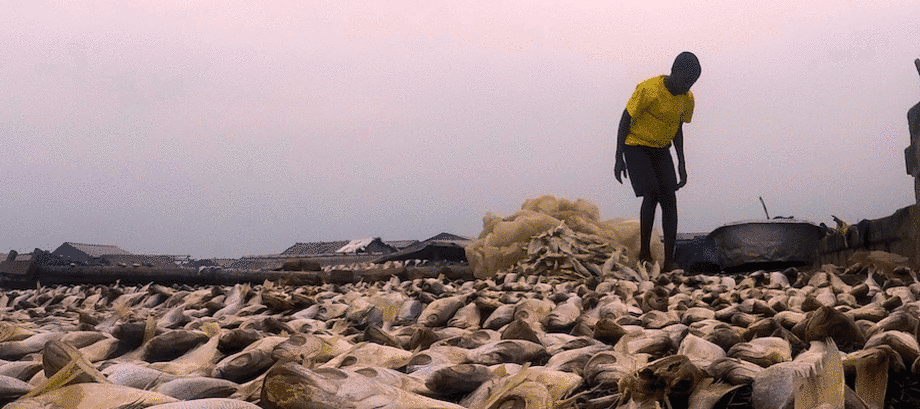Reducing food loss and waste (FLW) in aquatic food value chains by implementing supportive policy
By Lingyan Li
The global fisheries sector is facing numerous challenges, one of which is food loss and waste (FLW) along the aquatic food value chains. In many countries, one of the main causes of FLW is the lack of governance and inadequate legislation. In this regard, governments have a key role to play in terms of strategic planning to create an environment for the sustainable growth of the fisheries sector by coordinating the development of appropriate policy.
Recognizing the need for the fisheries sector to execute within a specific legal framework, the Kenyan government launched National Oceans and Fisheries Policy in 2008. Specifically, the Kenyan government will prioritize infrastructure development in fishing areas, including better storage facilities. Additionally, the policy aims to promote responsible fish handling and preservation measures to minimize post-harvest losses by encouraging joint ventures between foreign investors and local entrepreneurs.
In South Africa, the government recently approved the National Freshwater (Inland) Wild-Capture Fisheries Policy to transform the small-scale fishing sector to achieve food security and sustainable development goals. In terms of FLW based on value chain approach, the policy emphasizes that fishers will be assisted with both resources and technical support to reduce post-harvest losses. The new policy also ensures a "good governance” approach based on co-management, openness, and transparency.
In India, fish vending is a traditional occupation. Due to a lack of proper infrastructure, fish spoilage has become a major problem. The National Policy on Urban Street Vendors was first issued in 2004, and it has a clear relevance for fish vendors. The Policy highlights the importance of providing civic facilities in vending areas such as electricity, clean running water and sanitary, to ensure the vendors' health and the quality of their products. For fish vendors, it is crucial to have proper facilities for waste disposal and better storage facilities.
Throughout the fish value chain, women are particularly key players in post-harvest activities. However, persistent gender inequalities prevent women from fully participating in economic opportunities. Women also generally have lower access to high-quality storage facilities and technologies, which can result in more wastage and loss. Therefore, reducing the gender gap by implementing supportive policies is considered to be a matter of immediate concern.
For example, in Zambia, there exists a deep-rooted concept of an unequal gender relationship. Recognizing the harmful gender norms, the United States Agency for International Development (USAID) funded 'Integrated land and resource governance (ILRG)' programme piloted an approach to engage traditional leaders in shifting harmful gender norms and strengthening women’s land rights in Zambia’s Eastern province, helping national government to implement laws and policies. Changes in women’s empowerment were noted in the participation in fisheries-related value chain activities and women have a greater access to the technologies.
In Senegal, a National Strategy for Gender Equality and Equity (SNEEG) has been developed with the support of UN Women Senegal Program Presence to run from 2005-2015. It aims to eliminate gender inequalities to ensure women's rights and protection, by ensuring their full participation in decision-making processes and equitable access to development resources and benefits. Under this context, in 2015, UN Women and the World Food Program (WFP) decided to implement the project in Casamance by introducing new processing technologies to strengthen the resilience of women in fish processing and promote environmentally friendly products.
To address the systemic causes of FLW, adequate institutional, policy and regulatory framework must be developed. This type of framework is required to facilitate the coordination of actors, enable investments, and support and incentivize the improvement of practices and the adoption of good practices. FLW reduction in all policy frameworks needs to be mainstreamed and aligned to foster coherence and coordination across policies, institutions and legislations.
Learn more about policy solutions here.

